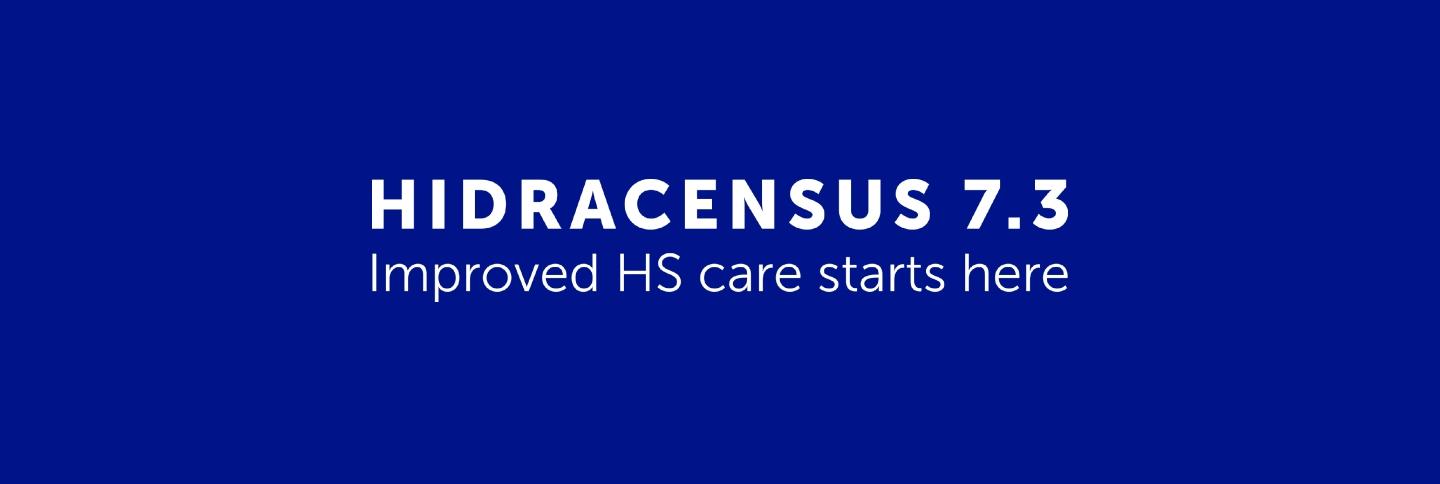
HIDRACENSUS 7.3 is an ongoing, expert-led, insight-based programme, sponsored by UCB, that aims to improve the standard of care for patients living with hidradenitis suppurativa (HS) across Europe, through education and best practice sharing.
HIDRACENSUS 7.3 engages with all stakeholders involved in HS care, including patients, to gain insights from every perspective of HS management and be a truly holistic and informed programme.
The insights will highlight the gaps in HS care and understanding throughout the patient journey. This will inform initiatives to improve disease knowledge of all stakeholders and share best practice HS management to elevate the standard of care for patients with HS.
Why 7.3?
It takes a staggering 7.3 years, on average, for patients to receive a correct diagnosis of HS.1,2
HIDRACENSUS 7.3 aims to eliminate diagnostic delays by educating all stakeholders and sharing best practice, to give patients the best chance of positive outcomes.
Our pledge
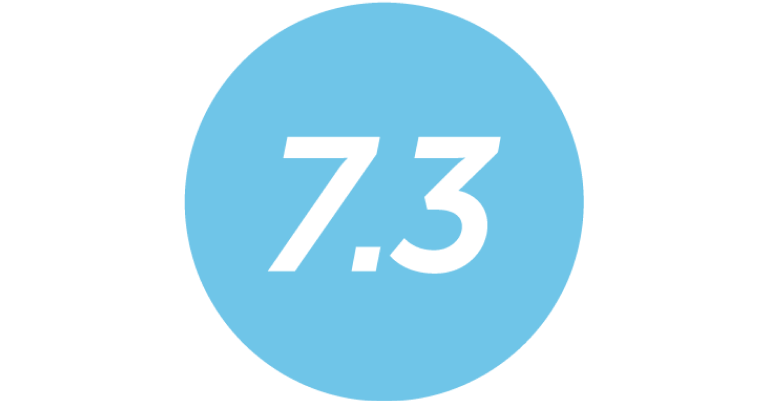
Seven-point-three.
The most important number for HS.
- The most important to sufferers. Because it takes on average 7.3 years to correctly diagnose HS
- Imagine - 7.3 years spent wondering if you are somehow blame
- That you've not spoken to the right HCP
- That it'll just keep getting worse
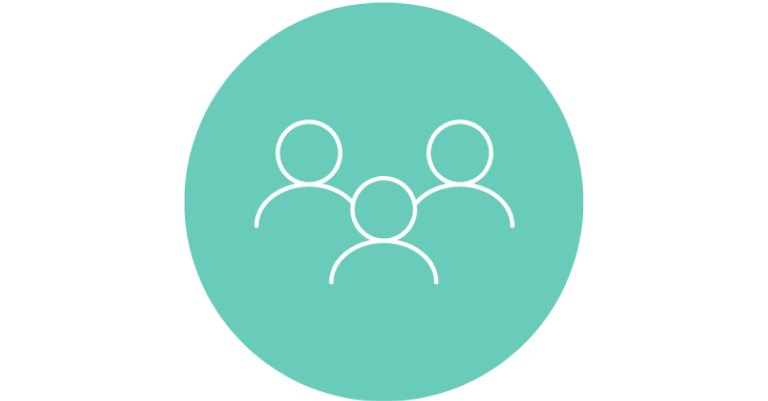
Seven-point-three is a number.
But to patients, it's a prison sentence.
- So, from here on, we all work together; HCPs, patients, nurses and payors
- A new initiative ensuring that everyone is heard; everyone brings their own experience. Everyone learns. Everyone benefits
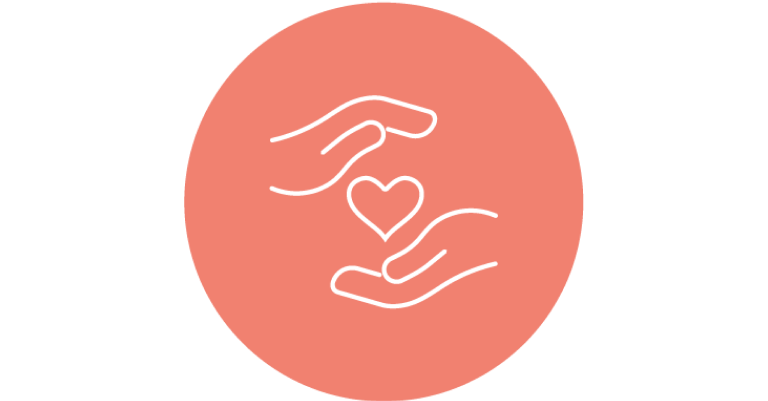
HIDRACENSUS 7.3
Improved HS care starts here.

Meet our Steering Committee
Our Steering Committee of nine leading experts in HS from across Europe drives HIDRACENSUS 7.3.
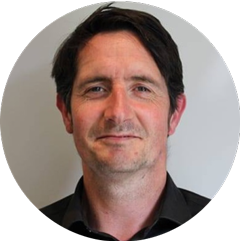
Dr Barry McGrath
Ireland
Co-founder and manager of HS Ireland and
HS patient
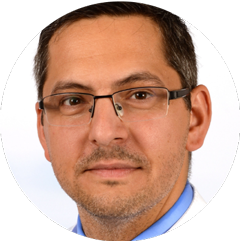
Professor Falk G. Bechara
Germany
Head of the Department of Dermatologic Surgery and Senior Physician, Ruhr University Bochum
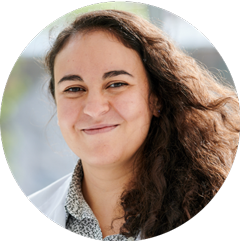
Professor Farida Benhadou,
Belgium
Professor of Dermatology, Director of the Clinic of Inflammatory Chronic Skin Diseases and Research Unit, Erasmus Hospital, Brussels
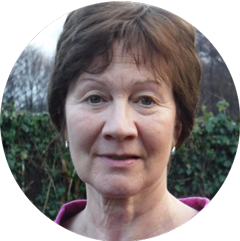
Dr Fiona Collier
UK
Recently retired General Practitioner, Scotland

Professor Gregor Jemec
Denmark
Professor of Dermatology, University of Copenhagen and Head of Dermatology Research, Zealand University Hospital
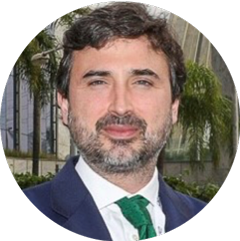
Professor Antonio Martorell
Spain
Associate Professor of Dermatology, Catholic University of Valencia
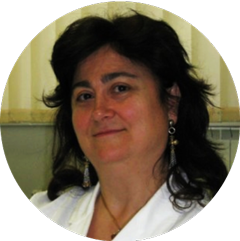
Professor Francesca Prignano
Italy
Associate Professor, University of Florence
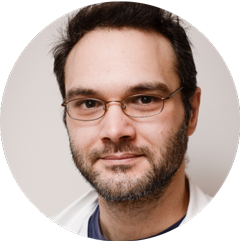
Dr Thrasyvoulos Tzellos
Norway
Dermatologist, Nordlandssykehuset Bodø and Associate Professor at the Institute of Clinical Medicine, University of Tromso
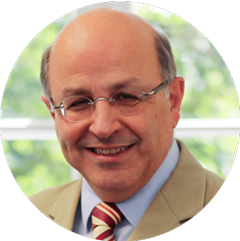
Professor Christos C. Zouboulis
Germany
Professor of Dermatology, Venereology and Allergology, Brandenburg Medical School Theodor Fontane and Director of the Departments of Dermatology, Venereology, Allergology and Immunology, Städtisches Klinikum Dessau
Hear what motivates the Steering Committee to be part of the improvement in HS care.
How will HIDRACENSUS 7.3 elevate the standard of
HS care?
The ultimate goal of HIDRACENSUS 7.3 is to elevate the standard of HS care to improve outcomes for patients with HS.
To achieve this, HIDRACENSUS 7.3 will:
- Gather up-to-date, relevant insights from all stakeholders, to gain a holistic understanding of the current standard of HS care and unmet needs
- Generate disease education initiatives, to increase the knowledge and understanding of HS for all those involved in caring for patients, including patients themselves
- Compile and expand upon existing best practices for the management of HS, and broaden access and use
The HIDRACENSUS 7.3 journey
Follow the journey of HIDRACENSUS 7.3 to elevate the standard of HS care below:
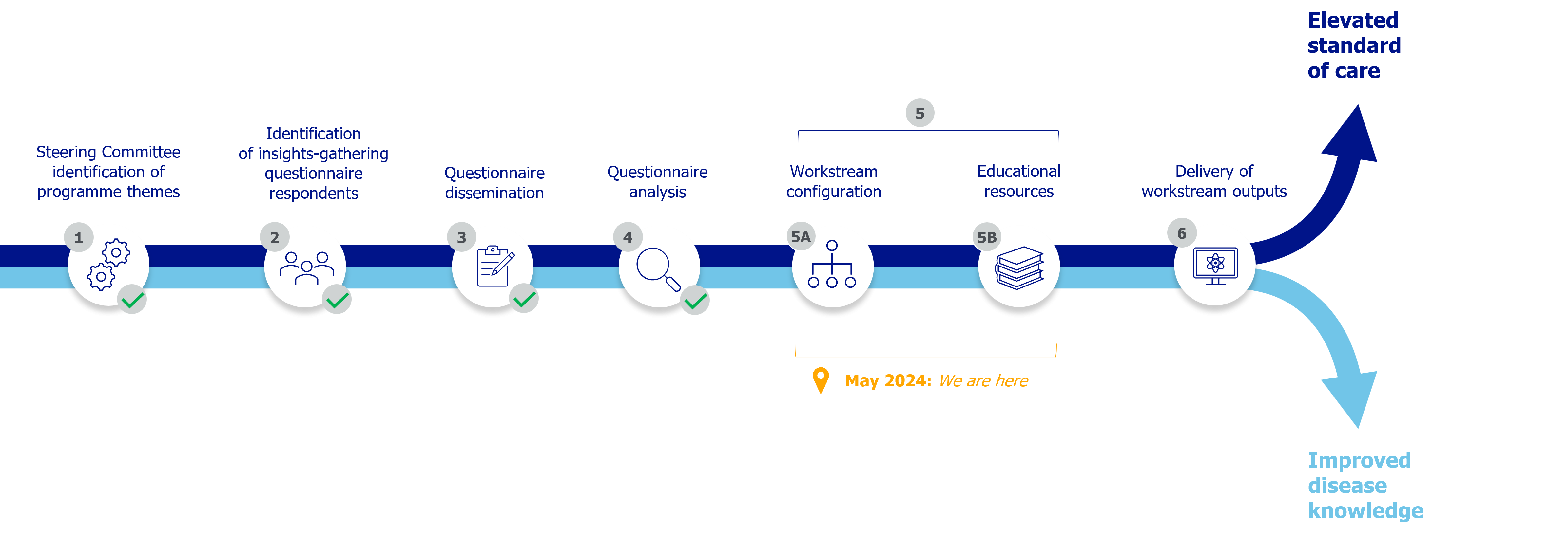
As of May 2024:
Our Steering Committee has established three key themes for HIDRACENSUS 7.3:
- Understanding and answering patient needs
- Structuring a clear road to optimal treatment
- Next-generation advocacy
The HIDRACENSUS 7.3 programme has recruited over 60 stakeholders, from more than 10 European countries, to provide their insights into the current management of HS by completing a comprehensive questionnaire. The stakeholders represent:
7x HS specialists
7x Dermatologists
7x Patient representatives
7x Nurses
5x Payors
5x Pharmacists
2x General practitioners
2x Gynaecologists
2x Gastroenterologists
2x Emergency doctors
1x Health economist
1x Rheumatologist
The insights-gathering questionnaire covered eight key areas pertinent to the delivery of optimal HS care:
2. Unmet needs
3. Disease burden
4. The patient’s lived experience
6. Current care pathway
7. The optimal care pathway
8. Multidisciplinary working
The questionnaire responses revealed the current care challenges and educational gaps in HS management from a multistakeholder perspective. The Steering Committee reviewed and grouped the unmet needs into four key care clusters:
The reality of HS
Empowering people with HS
Optimising HS management
Next-generation advocacy
These care clusters form the basis of four workstreams – which will be driven by a new influx of HS stakeholders – and aim to address the key challenges in the management of HS through the development of practical initiatives.
Alongside the workstreams, a host of educational resources are being developed to address the gaps in HS knowledge. These include a webinar series covering the story of hidradenitis suppurativa from A to Z, and twinned HS smart guides to equip you and your patients with the key information to optimally manage HS.
Access the webinars on the HS Learning Hub and the educational materials on the HS Resources page now!
Watch this space for more details on how you can be part of the advancement of HS care through HIDRACENSUS 7.3
Find out more about our commitment to improving HS care
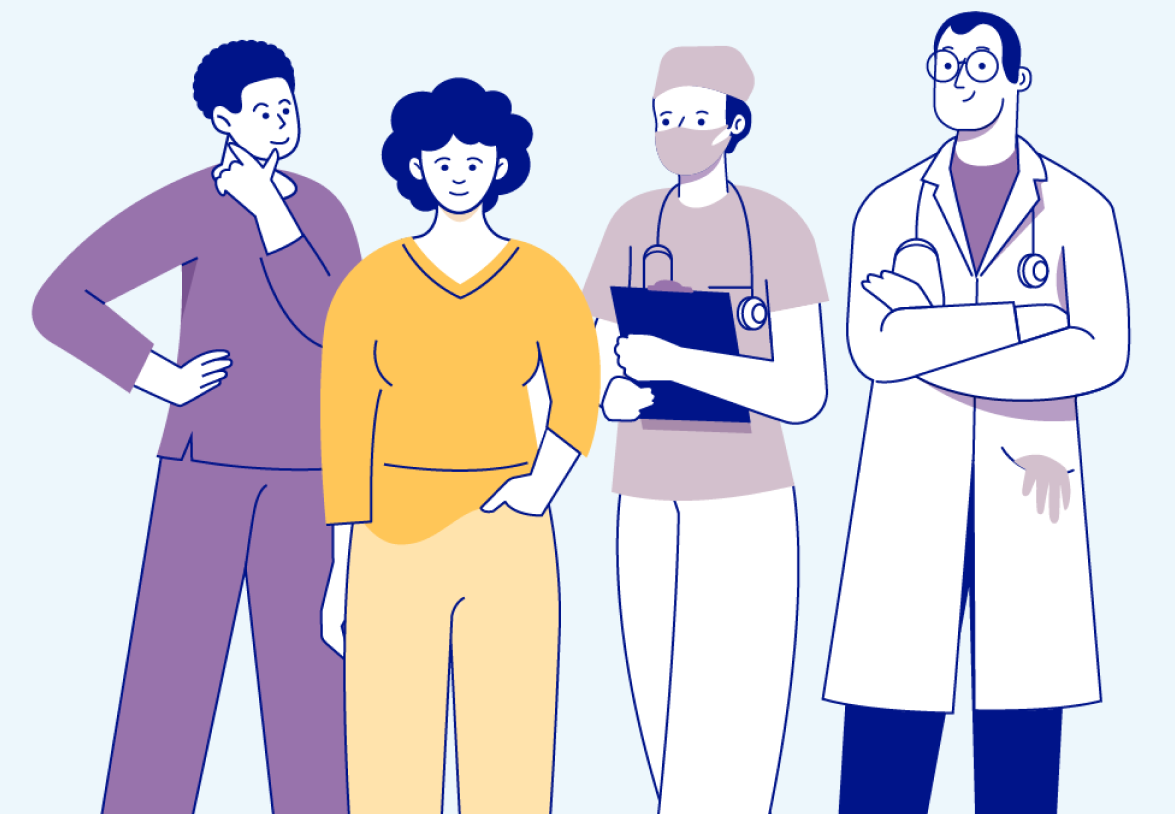
HS Learning Hub
From bench to bedside, follow the story of HS through our educational curriculum

HS Resources
Access a range of practical and educational resources (for both you and your patients) that aim to help you optimise the management of HS

The burden of HS
Find out more about how we are raising awareness of HS to eliminate diagnostic delays
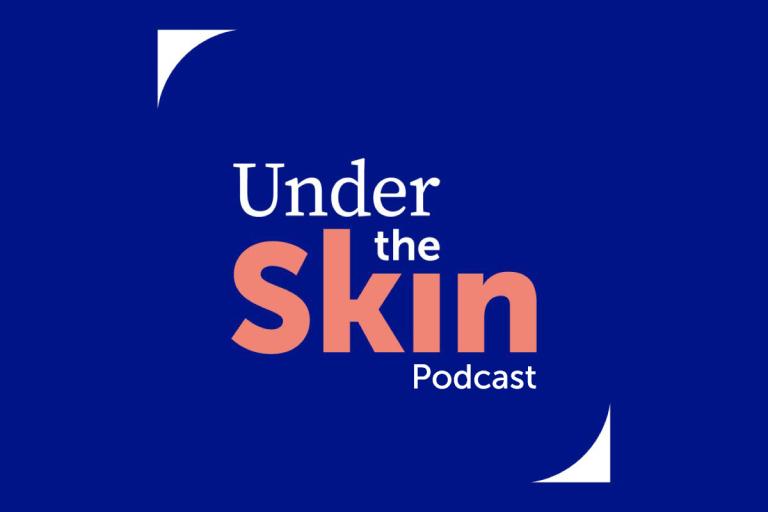
Under the Skin
HS affects all aspects of a patient’s life. Listen to the latest episode of ‘Under the Skin’, and find out more about what you can do to alleviate this burden
References
- Barmatz S, et al. Dermatology. 2022;238:772–84.
- Nguyen TV, et al. J Eur Acad Dermatol Venereol. 2021;35:50–61.
EU-DA-2300370
Date of preparation: June 2024
